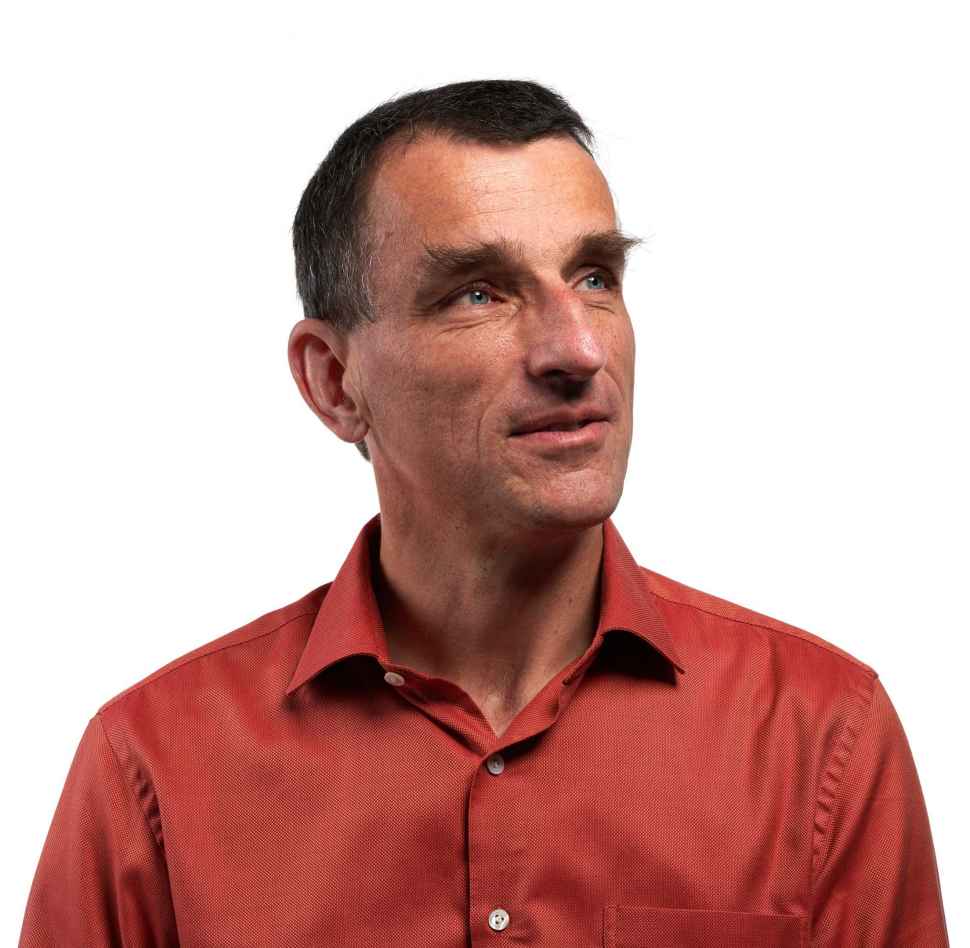Energy
Energy technology has the power to change the world
The way we consume energy is unsustainable.
Climate change is the biggest threat facing us today; it will affect our environment, health and livelihoods. And yet, fossil fuels remain the leading source of energy.
Renewable energies can offer a green alternative that don’t deplete the Earth’s resources. Our researchers are working to improve clean energy—the way we collect, store and harness it.
A few years ago I thought we had reached the top level of solar cells but we're still increasing efficiencies. It can sound a bit fancy but I believe that what we're working on can actually help mankind to survive.
Creating new solar cells
Solar panels are currently made of silicon—which is efficient, but expensive to manufacture and produce. You’d need to run silicon solar panels for 1-2 years to make back the energy cost of production.
Our researchers are working on another solution: plastic solar cells that can be easily printed, using only 1-2 weeks of energy. While they’ve shown that plastic solar cells can be printed, the science is far from commercially viable. They still need to increase the efficiency, lifespan and protection from the elements (e.g. rain, wind).
Plastic solar cells aren’t a replacement for silicon. Even when we learn how to achieve optimum efficiency, our researchers predict that plastic solar cells won’t generate the same energy as silicon. But in addition to being cheaper, they’re also flexible, thin and can be printed in colours. Plastic solar cells could be used in facades, bent and twisted into exciting designs and printed in red, blue, green… Architects will love it.
Organic electronics research is popular in the Institute for Nanoscale Science & Technology, with teams led by Professors David Lewis, Gunther Andersson and Mats Andersson working together, and separately, to meet global energy challenges.
The future of solar fuels
The biggest problem with solar energy is storing it. We can only use solar energy when the sun is shining, only use wind turbines when there’s wind. Electric energy can be stored with batteries that are expensive and not environmentally friendly—and it’s difficult, so most of us use it straight away.
To produce solar fuels, you’d usually find a technology that drives solar light directly into a chemical and then store it. Professor Gunther Andersson and his team are trying something new. You can think of it like reversing the combustion process in a car. They’re taking the waste from combustion (like carbon dioxide) and adding it to a reactor, using light to stimulate a chemical reaction that creates fuel. In the future this could be a closed circuit process: you burn down the energy in your car engine, then capture the waste and produce the same type of fuel again, and funnel it back to the first tank.
Gunther and his team are doing it by arranging atoms into clusters. The particles they use actually go below the nanometre scale—a field of research that doesn’t yet have a name. The field has existed for 20-30 years, but Gunther’s team is leading the way. Atoms are difficult to cluster as they tend to move around and grow. We need to keep them small. It took the team six or seven years to figure out how to keep clusters on a surface and maintain their properties. On the way, they’ve been at the forefront of this type of science. There are ten methods of measuring atoms and clusters on a surface and they’ve combined four of them in one instrument. This equipment doesn’t exist anywhere else in Australia and is unique worldwide.

We’re more than happy to share with others. Anyone in Australia is welcome to come and use our laboratories and equipment. We have a number of side projects where researchers come to learn and use our techniques.
![]()
Sturt Rd, Bedford Park
South Australia 5042
South Australia | Northern Territory
Global | Online
CRICOS Provider: 00114A TEQSA Provider ID: PRV12097 TEQSA category: Australian University








